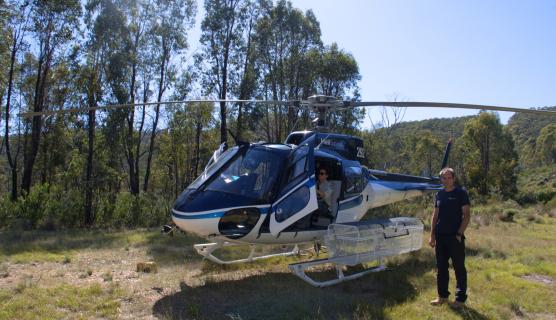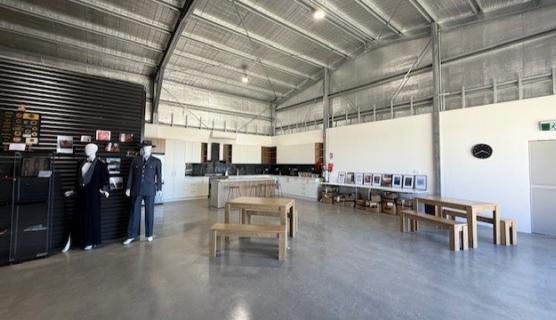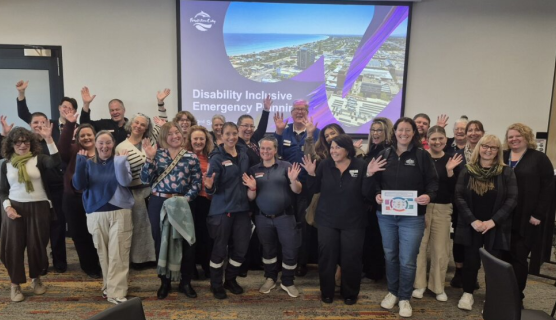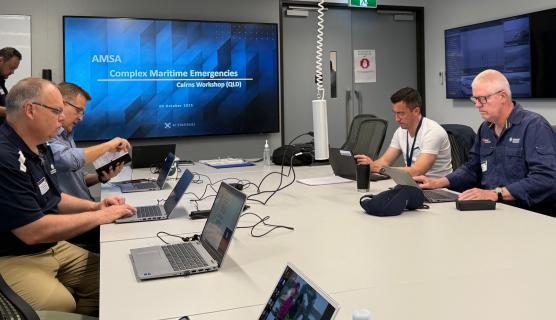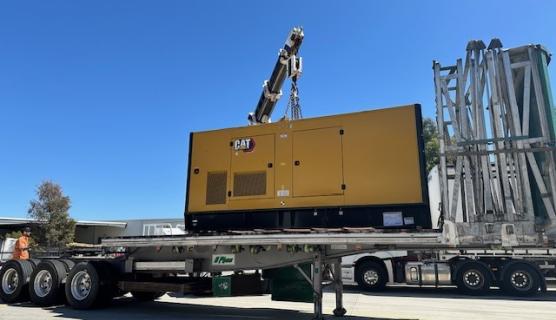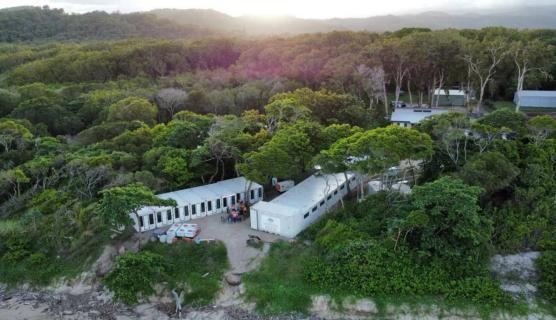As Australia braces for the 2025–26 Higher Risk Weather Season, the Australian Government-supported National Aerial Firefighting Fleet is in position and ready to respond when a crisis strikes. This year, the fleet will continue to bring multi-use capabilities to tackle a range of hazards—from fighting bushfires to flood rescues and moving emergency equipment and resources to hard-to-access places.
Ready to respond and fight fires from the air
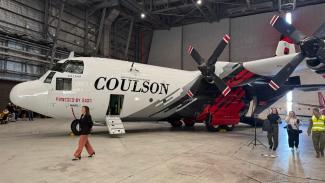
Ready to respond and fight fires from the air

A national effort to protect communities
Each year, the National Aerial Firefighting Centre (NAFC) contracts approximately 160 aircraft on behalf of state and territory governments. These aircraft have already proven their worth, responding to emergencies across the country including devastating fires and floods.
Through the National Emergency Management Agency (NEMA), the Australian Government is investing more than $100 million over 2 years from 2024–25 to strengthen Australia’s aerial crisis response capability. This funding ensures when multiple crises occur, we have the resources to act quickly and effectively for communities.
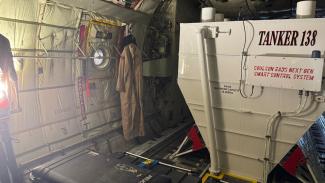
The C130 Hercules has been customised to hold a large tank of fire retardant.
What’s in the fleet?
The Australian Government funding supports 5 aircraft—2 fixed-wing (planes) and 3 rotary-wing (helicopters). They are:
- C130 Hercules, a large air tanker based at RAAF Richmond, NSW (pictured)
- Cessna Citation, a small lead plane based at RAAF Richmond, NSW
- 2 Sikorsky UH-60L Blackhawks, one based in Bundaberg, QLD and the other in Parafield, SA
- Sikorsky S-61N, based in Bankstown NSW.
While their primary role is firefighting, these aircraft can also support communities in other critical ways, including resupplying essential goods and critical logistics support for emergency services.
By supplementing state and territory arrangements, the fleet ensures Australia is well-prepared to respond wherever and whenever crises happen.
Why preparation matters
Severe weather can occur at any time, and the period from October to April is the peak season in Australia for flooding, tropical cyclones, heatwaves, bushfires, and severe thunderstorms.
The National Aerial Firefighting Fleet provides Australia with the capability to respond quickly to a wide range of crisis events, wherever they happen across the country.
You can prepare now. Ensure you, your family and your friends have emergency plans in place. Learn more about preparation for your area at nema.gov.au/prepare.
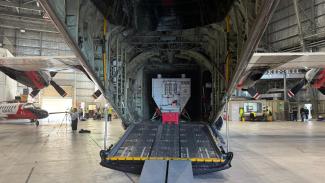
The rear of the C130 Hercules, showing the large tank inside.
